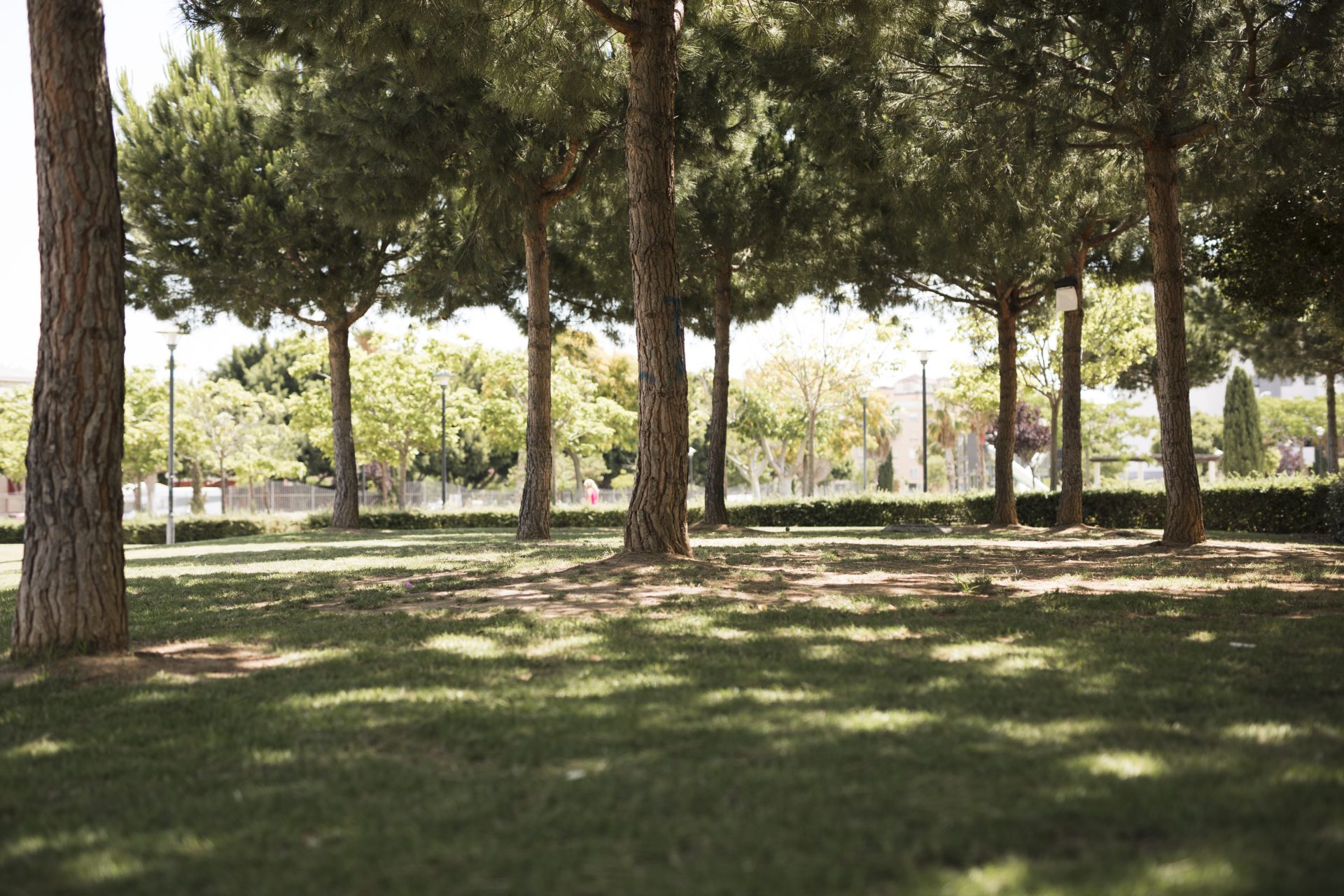“TECNALIA integrates the renaturalisation of the urban environment, health, well-being and social cohesion and justice”.
The INTERLACE initiative explores mutual learning between Latin American and European cities and extracts exemplary cases
The guide provides a set of principles, strategies and practical tools to guide the design and planning of cities that are more resilient to climate change. The project is carried out from a perspective that integrates the renaturalisation of the urban environment, health, well-being and social cohesion and justice that actively contribute to urban transformation.
Thermal comfort simulations are valuable tools for designers and urban planners: they are used to predict comfort levels and, in some cases, to assess the impact of nature-based solutions (NbS) to reduce heat stress in urban areas.
TECNALIA has carried out thermal comfort modelling in Granollers and Envigado with the aim of analysing the effectiveness of nature-based solutions and comparing design alternatives to integrate thermal comfort as a design variable.
Practical application in Envigado and Granollers
Five areas have been modelled, one in Granollers and four in Envigado, covering a total of 990,000 m2. This has been carried out based on future climate projections that say that there will be an increase in heat stress in both study areas, ranging from 1°C to 3°C in Physiological Equivalent Temperature (PET). Trees have been used in both projects to mitigate the increase in thermal discomfort.
- In Granollers: urban trees will be crucial to maintain thermal comfort in the future. Temperature differences of up to 9 °C can be observed between shaded areas under trees and exposed asphalt surfaces. This demonstrates significant variations in thermal comfort indicators when comparing the current urban design with the projected design incorporating NbS under future climate conditions.
- In Envigado: four areas were identified for modelling in order to locate areas of opportunity where improvements using nature-based solutions could be implemented. This provided a spatially explicit representation of areas where the implementation of NbS could significantly improve thermal comfort in public spaces.
TECNALIA has taken part in the development of the Urban Governance Atlas – an online collection of more than 250 best practice policy instruments that support nature-based solutions and ecosystem restoration.

